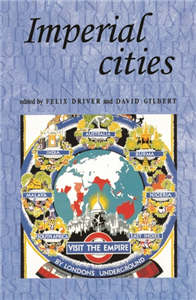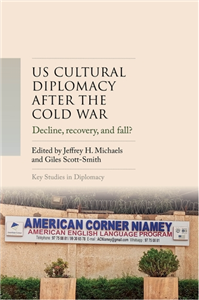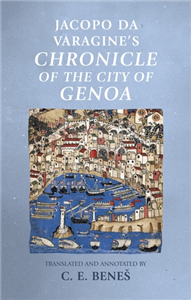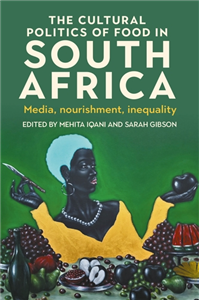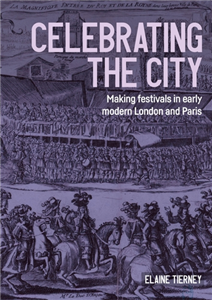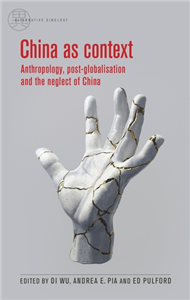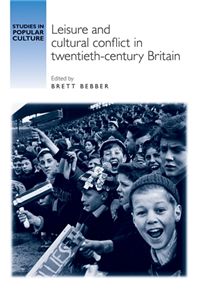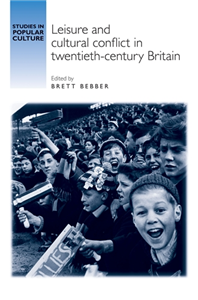Gerstenberg Verlag GmbH & Co. KG
The Publishing House and its History Established in St. Petersburg in 1792, today Gerstenberg is one of Germany’s oldest publishing houses. A family business, the publishing house moved to new headquarters in Hildesheim in 1796 and to this day occupies the same address in the old city marketplace as it did then. The most important branch of the publishing business, however, was the Hildesheimer Allgemeine Zeitung, which, incidentally, is the oldest daily newspaper still in existence in Germany. Today, the name of Gerstenberg is synonymous with delightful, innovative books of aesthetic design and high-quality content for children and young adults that compete very successfully also on the international market. An adult range comprising illustrated books, non-fiction and cookery books also forms part of the Gerstenberg portfolio. Program Gerstenberg publishes board picture books, picture books, children’s and young adult narrative literature and non-fiction. With Eric Carle’s »The Very Hungry Caterpillar« (»Die kleine Raupe Nimmersatt«) and Rotraut Susanne Berner’s ›discovery picture books‹ (›Wimmelbücher‹), Gerstenberg became one of the best-known children’s book publishers. In 1999, the anthology of poetry »Dunkel war’s, der Mond schien helle«, came out as the first in Gerstenberg’s series of household compendiums, a segment that has since developed into a main pillar of the program. The publishing house has brought out some highly respected developments of its own in the children’s knowledge-book series ›Abenteuer! Maja Nielsen erzählt‹.
View Rights Portal







